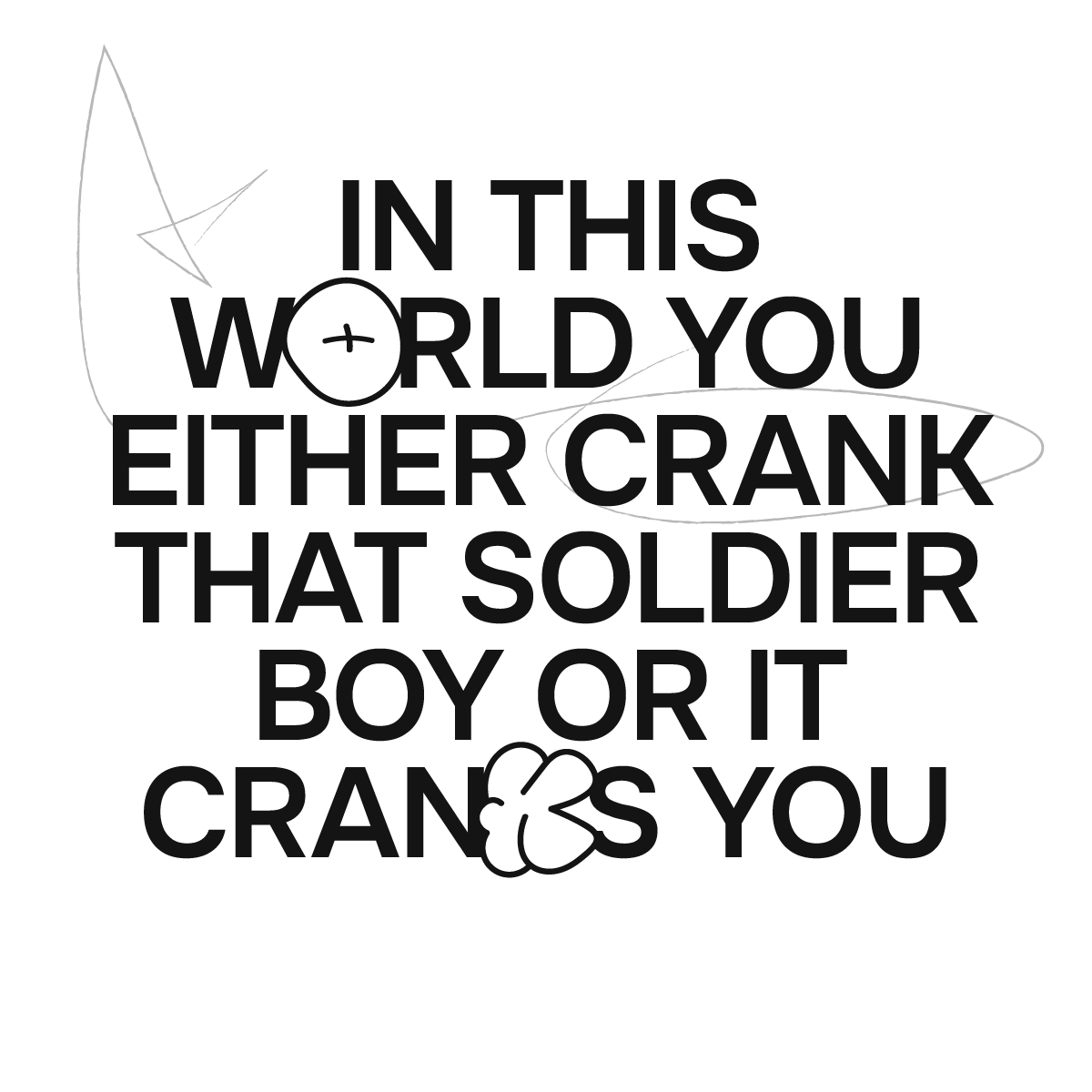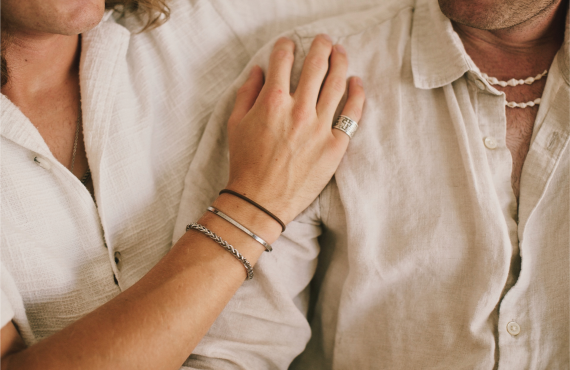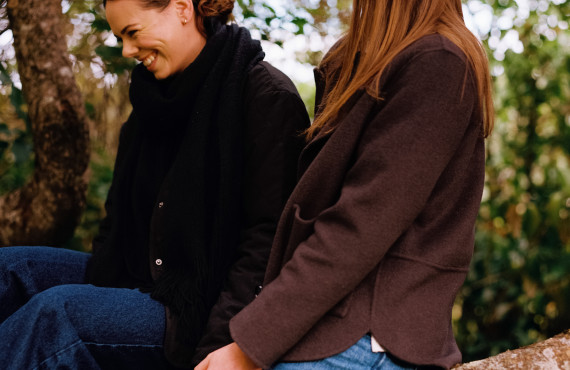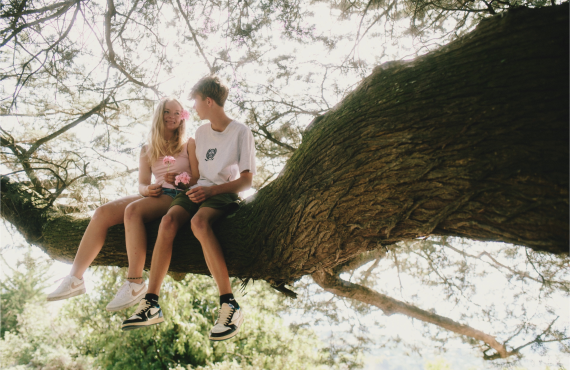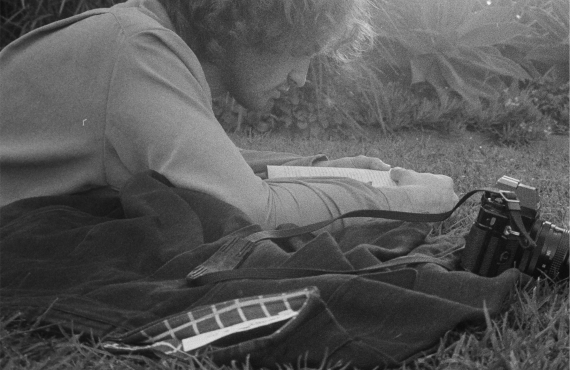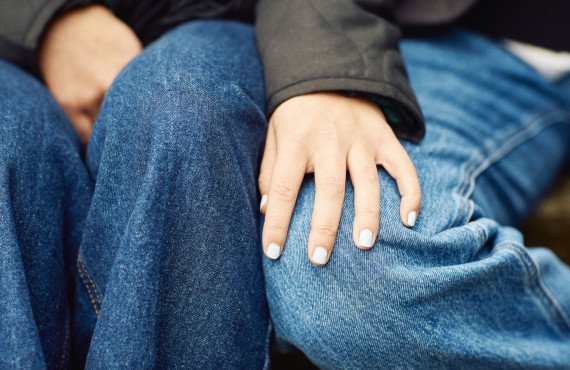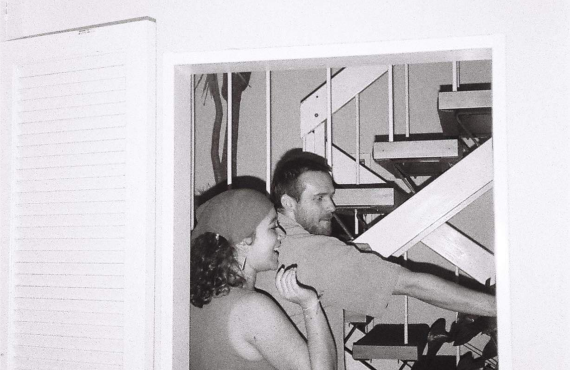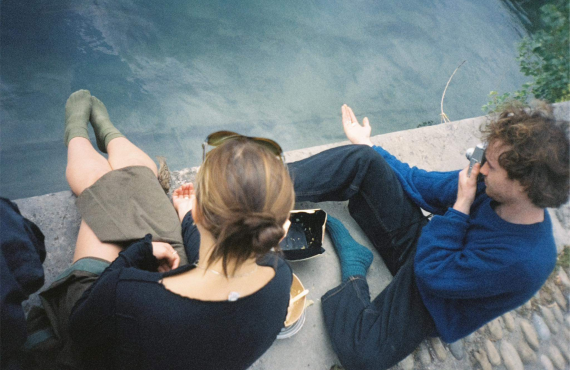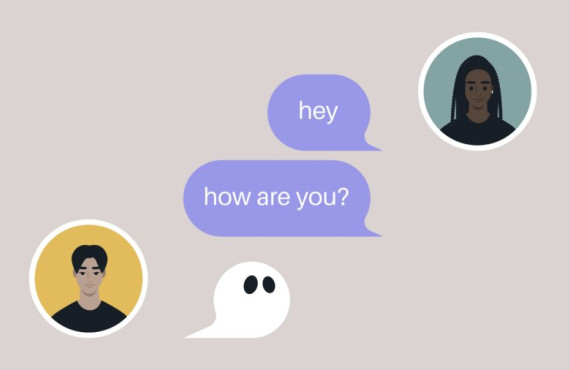Wife or Die
By Vira Paky
Growing up as a fresh-faced, bright-eyed Black girl in Tāmaki Makaurau, my mother never really discussed romantic relationships with me, besides warning me against them. Ever the strong Congolese woman, her booming lectures always led me to believe that men were a problem to be avoided, and a failure to avoid them would lead to an all-expenses trip back to the motherland (which was most probably one way), teen pregnancy, and death. The tenacity of her lectures never quite matched the warmth in her eyes; It felt more like how a shipwrecked sailor speaks of the sea - with extreme caution.
However, I was filled with fantasies from A Cinderella Story and Maid in Manhattan, where it was possible to be loved for who you are despite where you come from. In those stories, men weren’t the problem - they were the solution to one’s woes. Which was all that an insecure Black girl needed to hear.
Over time, I watched eagerly when my friends ‘hung out’ with guys. I was excited for them, and even more excited for my proximity. In hindsight, they were objectively the worst types of men – men in their twenties and thirties who left my teen friends with trauma, or worse, children. So what I initially thought was my mother’s fear-mongering became my life vest throughout the rest of my teenage years where I focused on everything but love.
Alarm bells went off for my mum and aunties when my solitary ways continued through my teens and into my twenties. The questions went from “How is school and work?” into “Why aren’t you going out?” or worse, “Where is your husband?”. Above everything else, I was shocked, I thought we were all on the same page. Men, bad. School, work and literally everything else, good.
When I took a look around to see who could be on my side – single and killing it – the same friends and cousins I grew up with who had been in on-and-off again situationships in their teens were married, or close to it.
Most of the people that I grew up with who got married had dated in secret in their twenties and thirties. Some even married in secret. At first, it was a fun game - who was secretly dating? Who were just brothers and sisters in Christ?” But the fun of secrecy lost its shine when I realised that there was no one around for me to talk to when I finally attempted to date.
I knew marriages like the back of my hand. Good marriages, bad marriages, marriages of convenience - I’ve attended years of sermons on being a good wife, maintaining a household and what it means to be a quality mother - but no one ever really spoke to me about dating.
The only advice I ever received from my mother was “You don’t need to know about dating, everything you’ll need to know you will find out when you are married.” Which may go down in history as the most un-useful dating advice for a young girl.
Occasionally my teenage brain creeps back in, wishing for a 13 Going on 30 moment. Thinking that if I could just wake up in my thirties already married, I would be able to make it work. But I can’t be too sure that that’s the truth or just another fantasy that just brings me comfort.
So here I am at twenty-four years old, with basically no idea what to do in the romance department besides compulsively creating and deleting my Hinge and Bumble accounts, listening to contradicting TikTok advice and crying over boys who don’t care whether I live or die. I guess what I’m saying is that I’d love to love better, if I only knew how.
